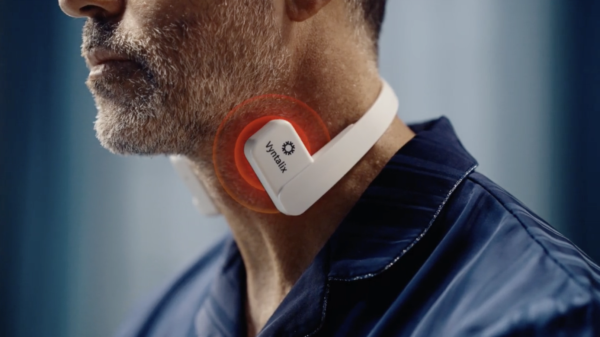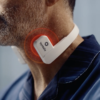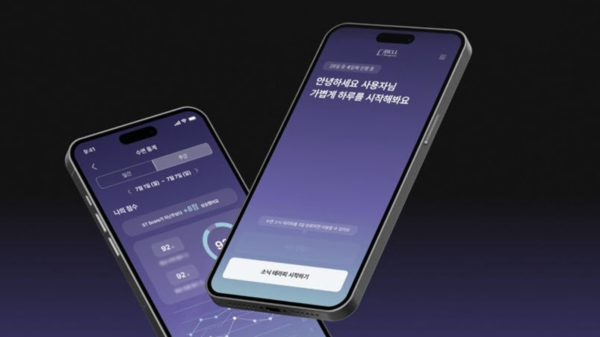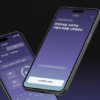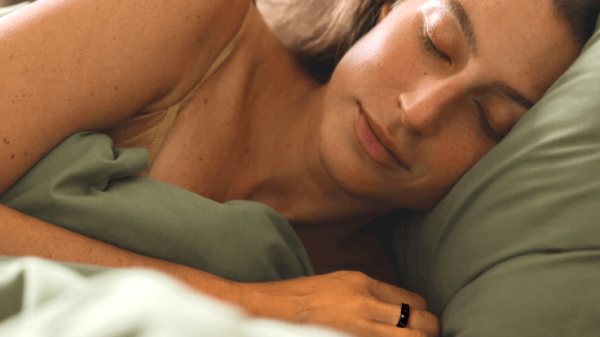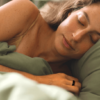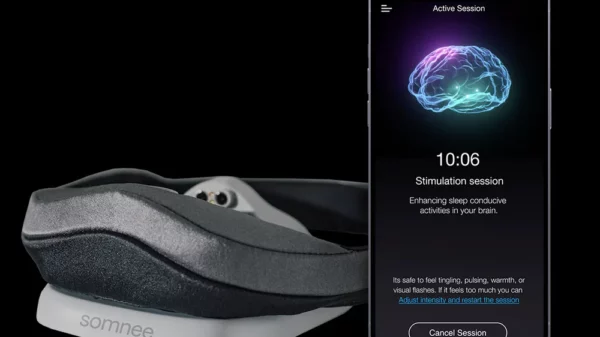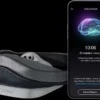The National Sleep Foundation announced the winners of this year’s SleepTech Award for sleep technology: Embr Labs and Pocket Kado.
Two companies win annually in the Sleep Health and Wellness and Sleep Disorders and Conditions categories. The awards given by the American non-profit sleep academy recognize the most innovative accomplishments in progressing new sleep technologies.
The first category includes products and services that people can utilize as part of their daily routine for sleep and well-being and the latter comprises technology used to diagnose and treat sleep problems.
Embr Labs is the Sleep Health and Wellness winner this year. The foundation, established in 1990, recognized the company for its wrist-worn device that helps regulate a user’s temperature at night. The device delivers warm or cool sensations to the skin. The sleep tech developer describes it as “the world’s first personal thermostat.”
“Receiving the SleepTech Award is a testament to the power of temperature to improve well-being,” said Sam Shames, Co-Founder of Embr Labs. The product costs C$413 and has a wide variety of accessories.
Read more: Ozlo Sleep launches flagship ‘Sleepbuds’ headphones this summer
Read more: National Sleep Foundation awards Novalogy and Sunrise with 2022 Sleep Tech Award
Sleep therapy koala
Pocket Kado is the 2023 recipient in the Sleep Disorders and Conditions category. The company describes its product as the world’s first science-backed virtual pet game that helps users sleep.
Kado is a koala created at Stanford University in collaboration with a group of sleep experts. The company says it provides efficacious cognitive behavioural therapy for insomnia through gameplay.
Upon downloading the free app and adopting the koala, users are required to acknowledge that through looking after Kado they are looking after themselves.
“With this award, we aim to inspire further collaboration between technology companies and clinical scientists, as our understanding of sleep evolves,” said Pocket Kado’s CEO, Khoa Tran.

Kado the Koala. Image via Pocket Kado
Other finalists in the first category included Lumos, a sleep mask developer; Ozlo, a company that released its “Sleepbuds” headphones earlier this year; and Oxa, a device with an app that collects sleep data and helps users get better rest through breathing exercises.
Additional contenders in the latter category included NextSense, which created “brain-sensing earbuds” that generate specific audio to promote sleep. Another, SleepImage, developed a sleep-monitoring ring.
Novalogy’s Ayo and Sunrise won last year for a so-called “circadian health wearable” using light therapy to help users sleep and a sensor used for diagnosing sleep apnea.
rowan@mugglehead.com







